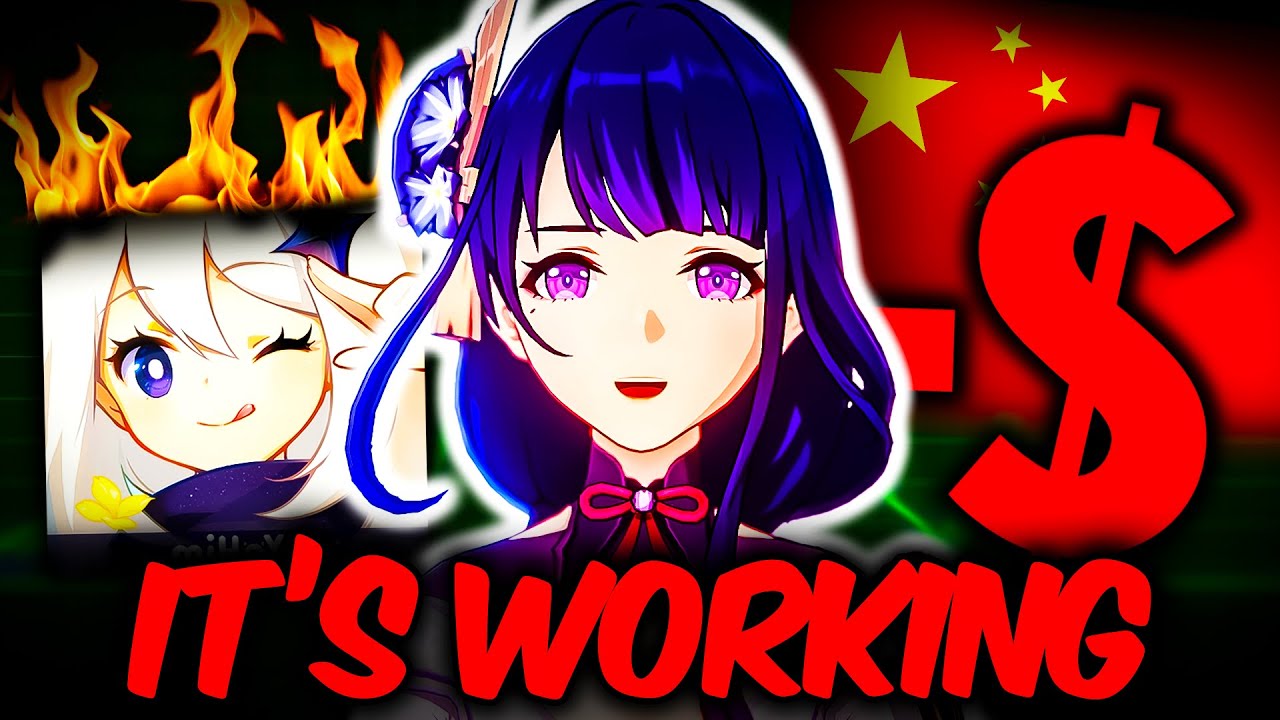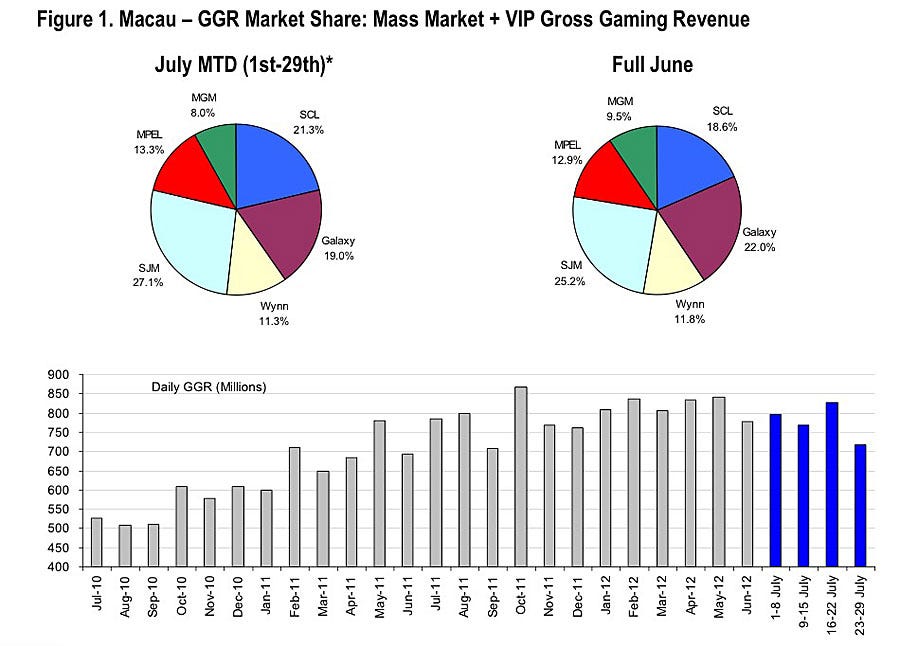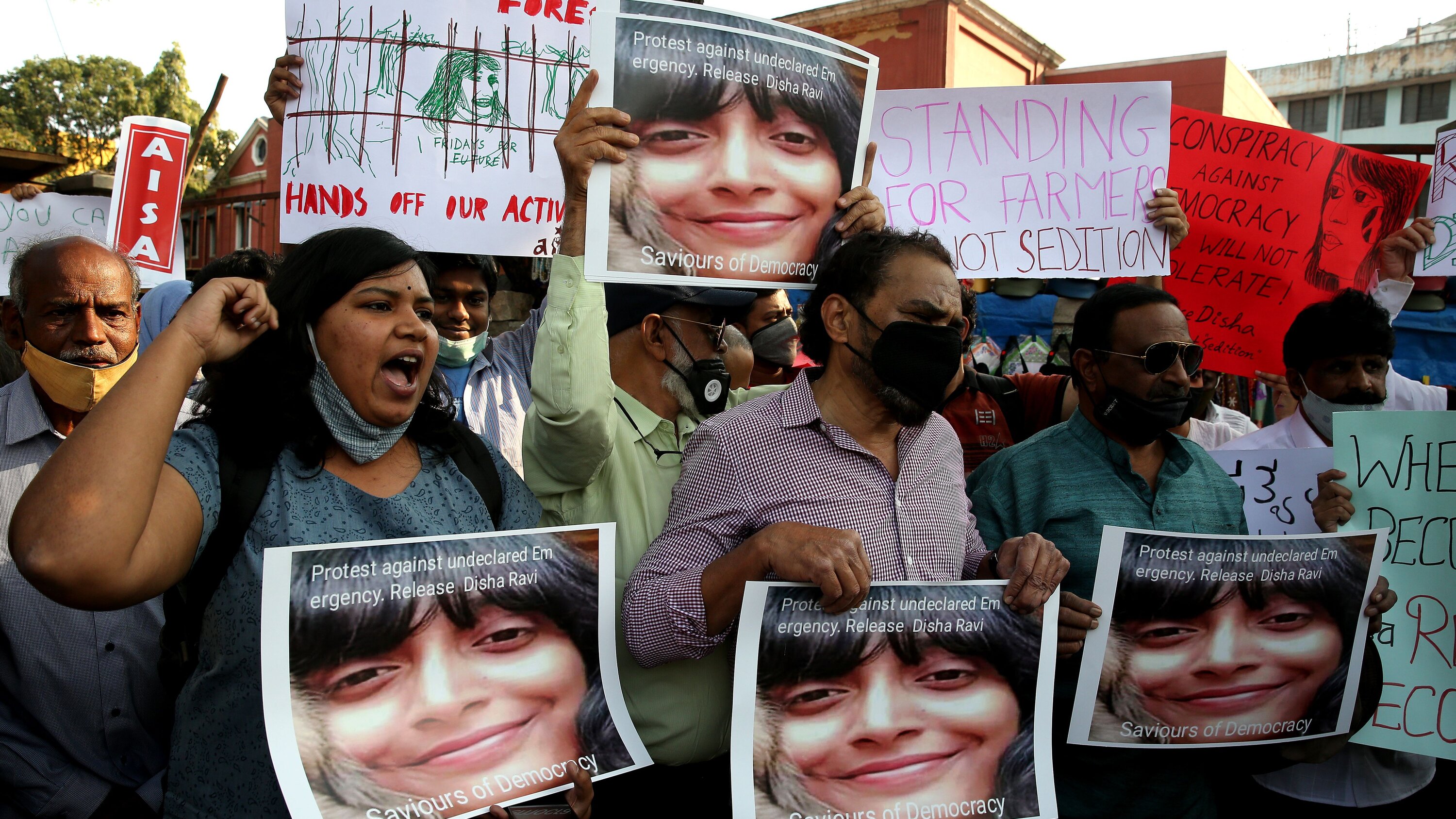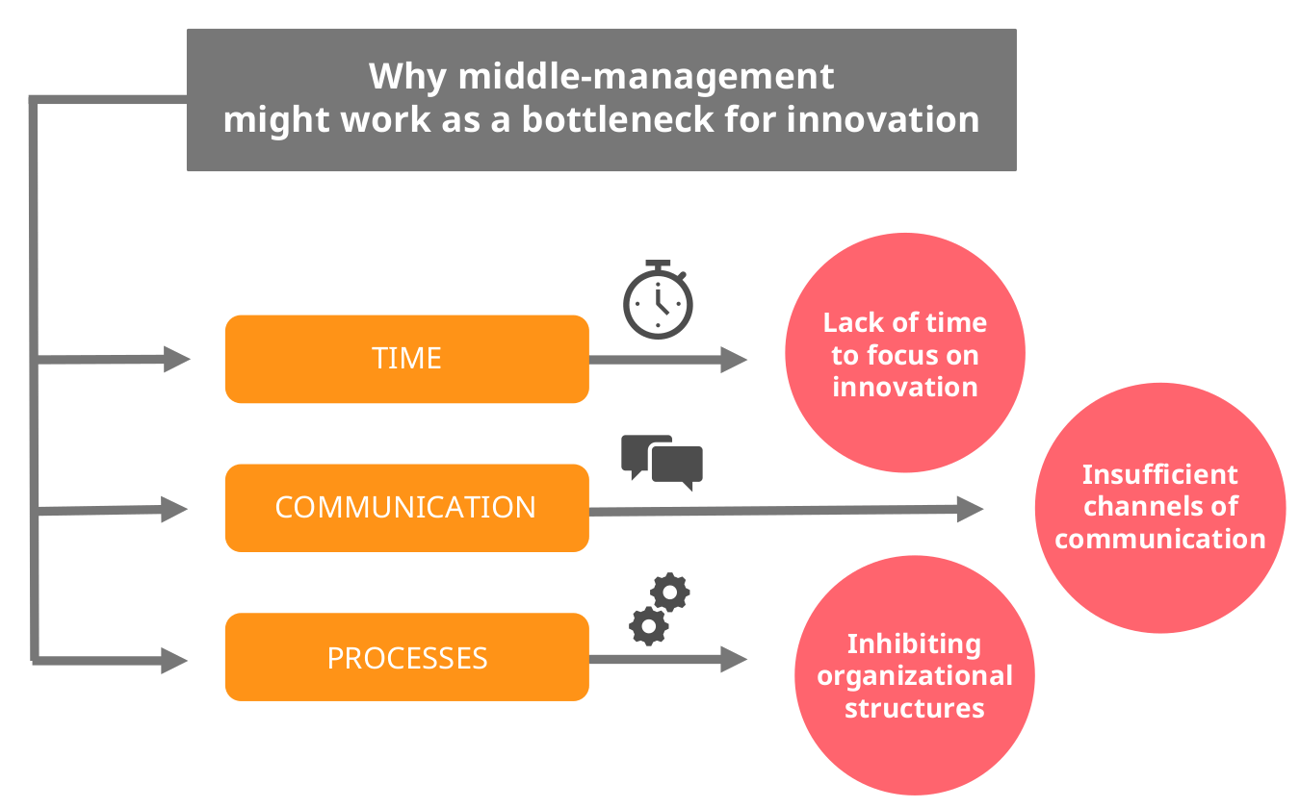The Impact Of A Boycott: Target's Experience With Shifting DEI Priorities

Table of Contents
The Genesis of the Target Boycott: Understanding the Controversy
The Target boycott stemmed from the retailer's launch of its Pride Month merchandise collection in 2023. This collection featured clothing and accessories designed in collaboration with LGBTQ+ designers and artists. While intended to celebrate inclusivity and support the LGBTQ+ community, the collection sparked significant controversy and ultimately led to a widespread boycott.
-
Rapid Spread of Backlash: The negative reaction to Target's Pride collection spread rapidly across social media platforms like Twitter, Facebook, and TikTok. Images and videos of the merchandise were shared widely, often accompanied by critical comments. The hashtag #BoycottTarget quickly gained traction, amplifying the message and encouraging consumers to avoid Target stores.
-
Role of Conservative Groups and Influencers: Conservative groups and prominent social media influencers played a significant role in fueling the boycott. They framed the merchandise as inappropriate and offensive, claiming it promoted a "woke" agenda and was harmful to children. Their vocal opposition mobilized a substantial segment of the population.
-
Specific Concerns of Boycotters: The concerns raised by boycotters varied but centered around several key issues: the perceived age-inappropriateness of some items; the inclusion of LGBTQ+ themes that were deemed controversial or politically charged; and the broader perception of Target as pushing a "woke" agenda.
-
Accusations of "Woke Capitalism": A key element driving the boycott was the accusation of "woke capitalism"—the idea that corporations prioritize social and political causes over profitability, alienating a significant portion of their customer base. This perception resonated strongly with many boycotters.
The Financial Ramifications of the Target Boycott
The Target boycott had a measurable impact on the company's financial performance. While precise figures remain difficult to isolate due to the complexity of disentangling this effect from other factors influencing sales, various reports suggest significant negative consequences.
-
Stock Price Decline: Target's stock price experienced a noticeable dip following the onset of the boycott, reflecting investor concerns about the potential for long-term damage to the brand.
-
Sales Decline: While the overall sales figures for Target weren't catastrophically affected, sales of the Pride collection specifically suffered, with a notable decline in demand after the boycott gained momentum. Many reports indicate significant unsold inventory.
-
Marketing Strategy Adjustments: In response to the intense negative feedback, Target made adjustments to its marketing strategies, notably reducing the visibility of the Pride collection in its stores and online platforms. This represented a significant shift in their approach.
-
Long-Term Financial Effects: The long-term financial effects of the boycott remain to be seen. Analysts predict potential impacts on future sales, investor confidence, and overall brand reputation that could take time to recover from. Target may need to implement new recovery strategies focusing on regaining lost customer trust.
Target's Response and Shifting DEI Strategies
Target's initial response to the boycott involved a mixture of public statements and subtle product adjustments. While they maintained their commitment to inclusivity and LGBTQ+ rights, they also took steps to address the concerns raised by boycotters.
-
Effectiveness of Response: The effectiveness of Target's response is debatable. While some applauded their continued support for inclusivity, others criticized their perceived capitulation to the boycott. The situation highlights the difficulty in satisfying all stakeholders simultaneously.
-
Changes in DEI Initiatives: Following the boycott, Target hasn't publicly announced sweeping changes to its broader DEI initiatives. However, the experience likely influenced the strategy and sensitivity applied to future campaigns and product launches. Expect future DEI initiatives to undergo more rigorous market testing.
-
Commitment to DEI Principles: Despite the intense pressure, Target has maintained its stated commitment to DEI principles. However, the experience undoubtedly prompted a reassessment of how best to achieve these goals while mitigating potential backlash.
-
Reassessment of Social Activism: The boycott suggests a reassessment of how companies approach social activism within their marketing strategies. A more nuanced and cautious approach, incorporating extensive market research, is likely to be adopted moving forward.
Lessons Learned for Other Businesses
The Target boycott offers valuable lessons for businesses considering similar DEI-focused campaigns.
-
Market Research and Consumer Analysis: The most critical lesson is the need for thorough market research and consumer analysis before launching any potentially controversial campaign. Understanding your consumer base, particularly its diverse segments and sensitivities, is crucial.
-
Inclusive Marketing Strategies: Businesses need to develop inclusive marketing strategies that cater to diverse segments without alienating any substantial portion of the customer base. This requires carefully balancing social responsibility with business objectives.
-
Transparent Communication: Proactive and transparent communication with stakeholders is essential. Engaging with concerns and feedback early on can help prevent a boycott from escalating.
-
Balancing Social Responsibility and Business Objectives: Businesses must find a balance between upholding their social responsibility and ensuring long-term business success. This delicate balance requires careful planning, execution, and an understanding of potential market reactions.
Conclusion
The Target boycott serves as a crucial case study in the evolving landscape of corporate social responsibility and DEI initiatives. The financial implications were significant, highlighting the risk associated with potentially controversial campaigns. While Target's commitment to DEI remains, the experience underscores the need for businesses to adopt a nuanced and carefully considered approach to such sensitive issues. Understanding your consumer base, conducting thorough market research, and engaging in transparent communication are vital for navigating the complexities of DEI while minimizing potential negative repercussions. Ignoring these factors could lead to a similar Target boycott scenario, impacting not only your brand image but also your bottom line. Learn from this experience and strategize effectively to balance social responsibility with long-term business success. Avoid a similar Target boycott by planning meticulously and prioritizing consumer understanding.

Featured Posts
-
 Veteran Actress Priscilla Pointer 100 Dies A Career Retrospective
May 02, 2025
Veteran Actress Priscilla Pointer 100 Dies A Career Retrospective
May 02, 2025 -
 Are La Landlords Exploiting Fire Victims Through Price Gouging
May 02, 2025
Are La Landlords Exploiting Fire Victims Through Price Gouging
May 02, 2025 -
 Nigeria Railway Corporation Resumes Warri Itakpe Train Operations
May 02, 2025
Nigeria Railway Corporation Resumes Warri Itakpe Train Operations
May 02, 2025 -
 Experience Arc Raiders Sign Up For The Second Public Test
May 02, 2025
Experience Arc Raiders Sign Up For The Second Public Test
May 02, 2025 -
 Kampen Eist Stroomnetaansluiting Kort Geding Tegen Enexis
May 02, 2025
Kampen Eist Stroomnetaansluiting Kort Geding Tegen Enexis
May 02, 2025
Latest Posts
-
 Stronger Than Feared Macaus Gaming Revenue Before Golden Week
May 02, 2025
Stronger Than Feared Macaus Gaming Revenue Before Golden Week
May 02, 2025 -
 Rubio Seeks De Escalation As India Reasserts Call For Justice
May 02, 2025
Rubio Seeks De Escalation As India Reasserts Call For Justice
May 02, 2025 -
 Macaus Gaming Revenue Beats Expectations Ahead Of Golden Week
May 02, 2025
Macaus Gaming Revenue Beats Expectations Ahead Of Golden Week
May 02, 2025 -
 The Crucial Role Of Middle Management In Employee Development And Company Growth
May 02, 2025
The Crucial Role Of Middle Management In Employee Development And Company Growth
May 02, 2025 -
 India Renews Demand For Justice Amidst Rubios De Escalation Plea
May 02, 2025
India Renews Demand For Justice Amidst Rubios De Escalation Plea
May 02, 2025
